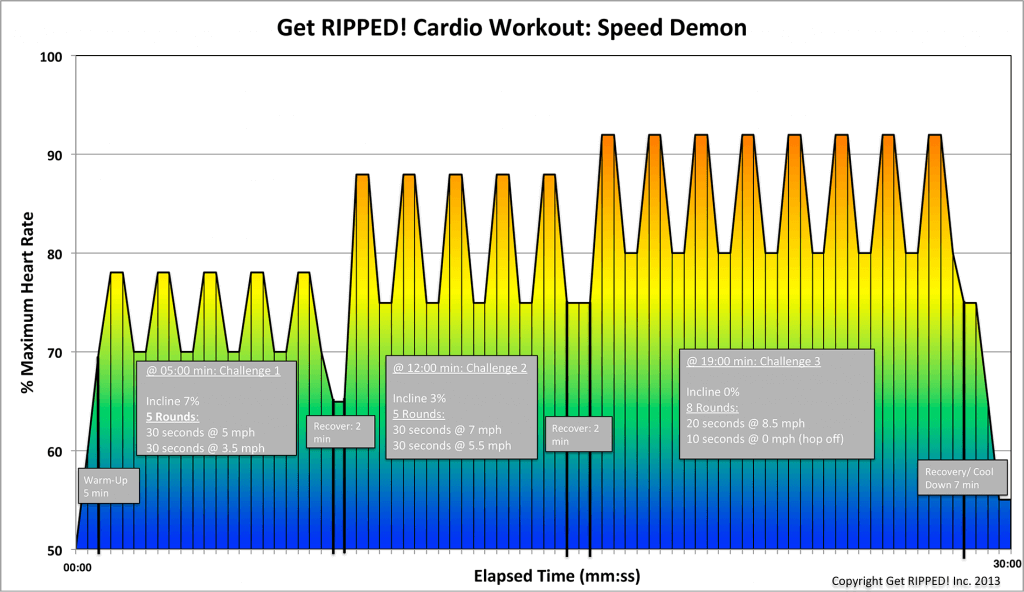Blog
Physiological Responses To Sugar
 Everywhere you look, there’s a sweet treat beckoning you, but it’s important to keep your distance. The body has physiological responses to sugar, in particular, foods with added sugar, rather than sugar in fruits. There are exceptions and one in particular is dried fruit. With the water removed, the sugar content is higher per cup and you can eat far more dried fruit than regular fruit. While a little sugar in your diet may be nothing to cause worry, the problem is that sugar is in everything.
Everywhere you look, there’s a sweet treat beckoning you, but it’s important to keep your distance. The body has physiological responses to sugar, in particular, foods with added sugar, rather than sugar in fruits. There are exceptions and one in particular is dried fruit. With the water removed, the sugar content is higher per cup and you can eat far more dried fruit than regular fruit. While a little sugar in your diet may be nothing to cause worry, the problem is that sugar is in everything.
Studies show that sugar negatively affect your health.
There are a huge number of studies of the effect of sugar on the body, one of them from the University of California San Francisco, showed that drinking sugary drinks, such as soft drinks, can age your body on a cellular level just like cigarettes do. It causes damage and stress to all parts of the body immediately and in the long term. The immediate problem comes from insulin spikes and the later problems occur from chronic intake of higher sugar levels.
Why is sugar so satisfying if it’s so destructive?
Sugar gives you an instant rush of energy, but that’s not the only reason it’s so satisfying. The biggest reason is that it releases those happy hormones in your brain, dopamine and serotonin. In fact, it activates the opiate receptors in the brain. That’s right, the same receptors as drugs like cocaine. That gives a feeling of being high, but like cocaine, you need more and more to get that same initial rush. So it makes you want to eat more.
Too much sugar in the blood can lead to damage.
The more sugar you eat, the more insulin your body makes. You also tend to gain weight. Gaining weight can cause insulin resistance, which means it makes more and more insulin, so the cells open up and use the glucose. With insulin resistance, the cells don’t accept the glucose in the blood and excess sugar remains in the blood. That causes high blood sugar levels, known as prediabetes or type 2 diabetes. The excess sugar may be removed by the liver, causing fatty liver disease and potential liver failure. The extra blood sugar can clog small blood vessels affecting the brain, eyes, heart and kidneys. It causes high blood pressure and can lead to stroke.
- If you ate too much sugar, you’ll feel energized for a short time, but then crash far deeper into exhaustion after the body sends out the extra insulin to deal with the sugar.
- Eating a high sugar diet can leave you feeling hungry all the time, besides feeling chronically tired. Not only does that have to do with insulin levels, it has to do with other nutrients missing in your diet that give you energy and keep you feeling fuller longer, like protein.
- How does sugar affect your skin? It breaks down the proteins collagen and elastin, which speeds the aging process. Glucose attaches to those proteins, making it harder for them to do any repairs in the skin.
- A new cheaper type of sugar is used in a vast majority of processed products. It’s called HFCS—high fructose corn syrup. It increases leptin resistance, the hormone that tells you that you’re full, which means the body doesn’t get the message as efficiently and you overeat.
For more information, contact us today at Jari Love


